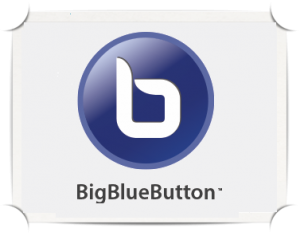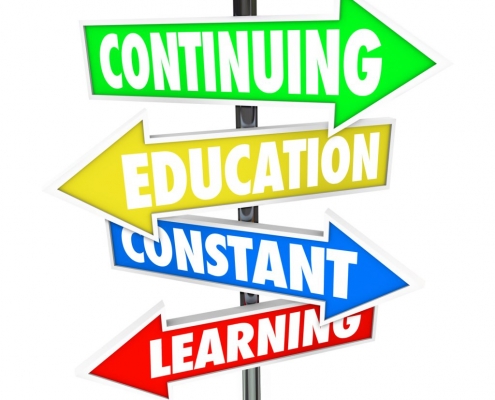Help Your Advisees Understand the IRB
Every student who wishes to complete a capstone project MUST submit an IRB application along with his or her capstone proposal to the Director of Graduate Studies. The detail to which the IRB application is completed is determined by whether human subjects are involved in the research.
As appropriate within courses and when advising for the capstone project, the course instructor/advisor should make use of opportunities to instruct students in ethical conduct of research and help them prepare applications for IRB approval. It is helpful to instruct students concerning the following:
• Understanding of the elements of informed consent,
• Developing readable (8th grade level) consent forms,
• Planning appropriate recruitment strategies when needed,
• Establishing and maintaining strict guidelines for protecting anonymity and confidentiality, and
• Allowing sufficient time (six weeks) for IRB review and completion of the project.
Submission Guidelines
- Student must receive approval of the capstone project or internship proposal from the capstone committee.
- Students must complete an application for IRB approval and all informed consent materials.
- The advisor must review, approve, and sign the proposal and IRB application as complete.
- Two copies of the proposal, the IRB application, and all consent or assent forms are submitted to the Director of Graduate Studies for initial review by the following individuals:i. IRB chairman,
ii. Director of Graduate Studies - The application will be screened by the IRB chairman with input from the Director of Graduate Studies to determine if the proposed activityi. involves no risk to the subject according to exempt criteria in 45 CFR 46.101, and so is exempt from full IRB review, or
ii. requires full IRB review because it involves greater than no risk or non-exempt research. - If required, the full IRB will meet to make a determination regarding the proposed activity.
- After review, the IRB may:i. approve the proposal as submitted,
ii. approve with minor suggestions for changes,
iii. approve with stipulations to be met before final approval is given, or
iv. not approve. - Complete documentation of IRB action will be sent to the researcher and a copy kept on file. 9. All non-exempt research is subject to continuing review at least annually, but possible more frequently as determined by the level of risk to the subjects.
The Institutional Review Board (IRB) meets as necessary and is made up of the following individuals:
Terry M. Dempsey, Public Representative 309 S. Minnesota St. New Ulm, MN 56073 Attorney Minnesota State Representative District 23A 1978 – 1992 Minnesota Fifth District Court Judge 1992 – 2002
Dr. Lawrence Olson, Graduate Faculty Representative & IRB Chair 1018 Southridge Rd. New Ulm, MN 56073
Dr. Carla Melendy, Graduate Faculty Representative 1015 12th St. S. New Ulm, MN 56073
Prof. David Sellnow, Undergraduate Faculty Representative 827 N. Minnesota St. New Ulm, MN 56073
Advisory Dr. John Meyer, Director of Graduate Studies, Martin Luther College 1101 Summit Ave. S. New Ulm, MN 56073
The complete IRB policy and application can be found on the Graduate Studies website: IRB.



 A high-quality program requires high-quality instruction. The graduate faculty is encouraged to look for ways to improve instruction and grow in knowledge and understanding. If you find a book, workshop, or other opportunity to expand your ability to serve our graduate students, please check with the
A high-quality program requires high-quality instruction. The graduate faculty is encouraged to look for ways to improve instruction and grow in knowledge and understanding. If you find a book, workshop, or other opportunity to expand your ability to serve our graduate students, please check with the 

